
Growing issues and a controversial administration are bringing bioethics to the forefront of science and public health.

Growing issues and a controversial administration are bringing bioethics to the forefront of science and public health.

Researchers are expressing concern that funding for research climate-monitoring programs may not come through and that this would negatively impact the study of some infectious diseases.

A new app developed by MIT Connection Science and sponsored by GlaxoSmithKline uses crowdsourced data to track the flu in real time.
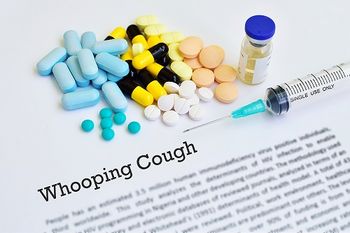
The Michigan Department of Health and Human Services has reported an increased incidence of pertussis and is working with the Oakland County Health Division to work on ways to promote awareness of the issue.
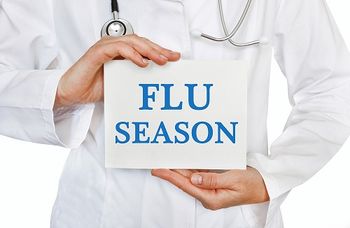
High flu activity and new pediatric flu-related deaths around the country lead some area schools to announce temporary closures in hopes of preventing further spread of the virus.

Contagion® is celebrating it’s one-year anniversary today, February 7, 2017. As we hit this milestone, we wanted to look back and remember the three articles that launched Contagion® on this day in 2016.
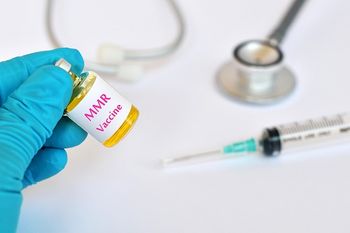
Due to the multi-county spread of mumps in Washington, health department officials are calling for individuals to receive the MMR vaccine.
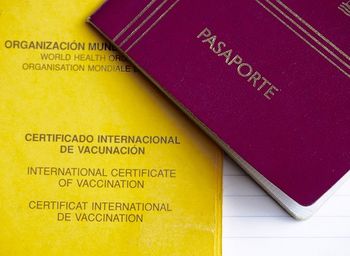
The Centers for Disease Control and Prevention (CDC) has issued an elevated risk travel alert for the country of Brazil as they are currently experiencing an outbreak of yellow fever.

Catch up on last month's top infectious disease news coverage from Contagion®.

Researchers from the Yale School of Public Health have found that the synthetic controls method developed by Google may effectively allow them to measure the impact of vaccines.
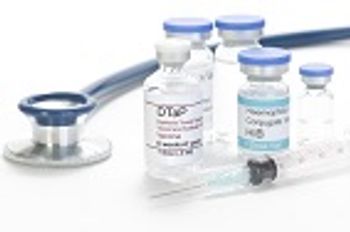
The new pediatric vaccine formulation for diphtheria, tetanus, pertussis, and poliomyelitis (DTaP) may solve the issue of vaccine schedule adherence.
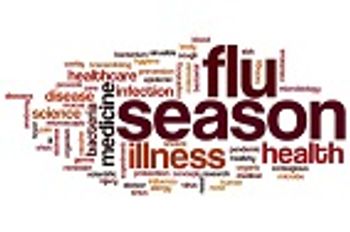
Centers for Disease Control and Prevention officials are reporting epidemic flu levels across the United States, along with three new pediatric deaths from the virus.
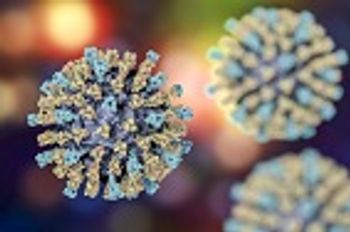
The Los Angeles County Department of Public Health has concluded that the measles outbreak in California has been limited to those who are unvaccinated.
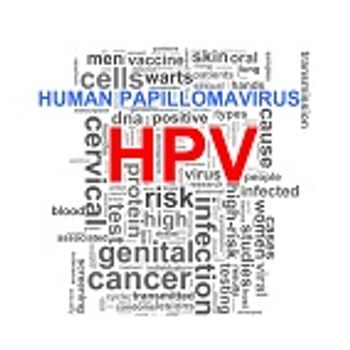
Cancer specialists at the UT Southwestern Medical Center are reminding women to continue going for Pap smears even if they have received the human papillomavirus (HPV) vaccine.
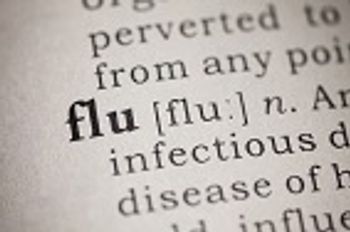
With flu season underway, a pair of recent studies highlight the impact of winter weather on influenza activity and raise questions about the right time to receive a flu shot.
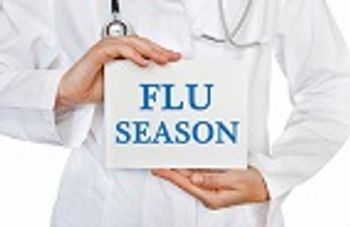
An additional nine states are reporting widespread influenza activity, in what is already a busy flu season that has been marked by severe illness caused by the influenza A (H3N2) strain.

In light of recent news that reported “vaccine skeptic,” Robert F. Kennedy, may be appointed to lead president-elect Donald Trump’s panel on vaccine safety, Contagion spoke with vaccine experts to learn of any potential ramifications this may have.

The 2016-2017 influenza season continues to see a growing number of severe flu cases due to the increased prevalence of influenza A (H3N2) virus.
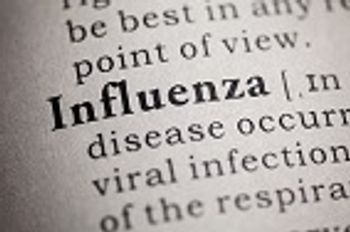
Researchers at Southern Research Institute are focusing their efforts on finding a broad-spectrum antiviral drug that will be effective against a number of influenza strains.

The H3N2 strain of influenza continues to circulate throughout Calgary, as well as in the South Zone, while “little influenza activity in the North Zone [has been observed] to date.”

Researchers have found no link between an influenza infection during pregnancy and an increased risk of an autism spectrum disorder diagnosis.
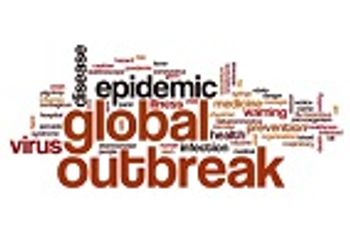
A new report finds that real-time patient-centered research is possible during an outbreak, and indeed, necessary to strengthen systems, improve surveillance and response, and create better diagnostics, therapeutics and vaccines.

With the opening of a new R&D center in Rockville, MD, GlaxoSmithKline strives to improve global outbreak preparedness and calls for increased vaccine production capacity.

A new coalition created by the Bill & Melinda Gates Foundation and other global partners will launch at this year’s World Economic Forum, with the goal of supporting the fast-tracked development of new vaccines.
